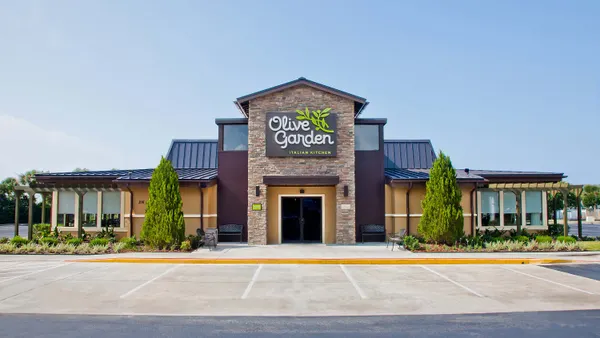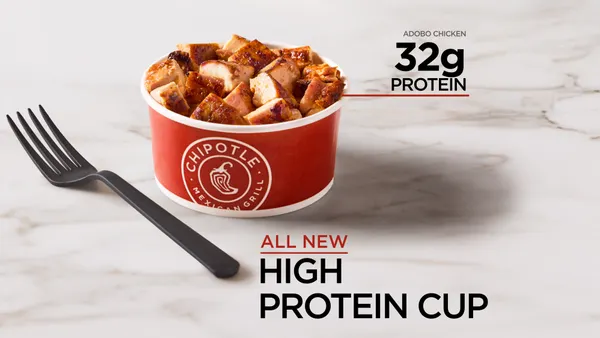As co-founder of organic beverage maker Honest two decades ago, Seth Goldman played an instrumental role in cultivating the company from a nimble upstart to a successful business.
Today, he is working closely with Beyond Meat Founder and CEO Ethan Brown in an effort to orchestrate the same magic with the maker of plant-based hamburgers, sausages and chicken strips.
While Beyond Meat has been working since 2009 to develop plant-based meats, Goldman says his experience growing Honest Tea from an idea he shared with a Yale University professor to a national brand eventually acquired by Coca-Cola will prove useful as the upstart deals with many of the same challenges his business once faced. Goldman, who joined Beyond Meat as a board member in 2013 and became executive chairman in 2015, currently provides guidance on several areas at the company — from financing and sales to strategy, human resources and supply chain.
"Part of it is giving it credibility" when talking with retailers, investors or restaurant chains, Goldman told Food Dive about his experience. "We know how to build something. We know how to build a brand."
Goldman, who spends half of his time at Beyond Meat and the rest at Honest, said even though the companies are approaching their space differently — Honest was the "undoing" of food using simple, straightforward ingredients that could be made easily in a kitchen, while Beyond Meat is a “redoing” using science and technology to recreate a category — there are a number of parallels between the two companies.
For one, Honest's former vice president of sales is now the chief growth officer at Beyond Meat. Both companies also value sustainability and transparency. They build social consciousness into their products, which is important to consumers in helping them decide which items to buy. In addition, Honest and Beyond Meat both fought to expand the reach of their products. In the case of Honest, the company targeted growth outside of niche stores to consumers unaccustomed to less sweet drinks or who didn't value organic or fair trade. Beyond Meat is aiming to win over meat eaters by selling its products next to traditional hamburgers, steaks and other products.
"Part of it is giving it credibility" when talking with retailers, investors or restaurant chains. "We know how to build something. We know how to build a brand."

Seth Goldman
Co-founder of Honest Tea and executive chairman of Beyond Meat
"A lot of customers that have embraced Honest Tea are very interested in Beyond Meat," Goldman said.
Today, Honest products are found in 140,000 outlets like Walmart, Kroger, Wegmans and Target, as well as at Wendy’s, Subway and McDonald’s. Beyond Meat can be purchased at 32,000 locations, including many of the same retail stores.
Goldman said one difference between the two companies has been funding. While Honest raised $10 million during its first decade, Beyond Meat has raised more than $100 million in fewer than 10 years. Coca-Cola bought a 40% stake in Honest in 2008 before buying the rest three years later.
Beyond Meat appears to be taking a different path after filing to go public with the Securities Exchange Commission last week. Goldman invested in Beyond Meat in 2012, though he declined to say how much of the company he currently owns.
This “is a really exciting time in food. For the two decades prior, there wasn’t much change. These industry leaders who had a firm grasp on the market, that has just transformed so quickly now," Goldman said. "What’s happened now is that a lot of the power in the food industry has become decentralized, businesses are going direct to consumer, farmers are going direct to consumers, so that’s all transforming.”
Goldman said Beyond Meat is marketing and developing its product by focusing more on the consumer than the science, something other plant-based companies by and large have failed to do. He said Beyond Meat is working to purchase its main ingredients from U.S. suppliers, which will give it the ability to tout buying local and its connection with family farmers.
"It's easy to get excited about the science and forget that it's still a product that a consumer, and often a parent, wants to buy for their families," he said.










